World’s Smallest International Bridge Is Only 19 Feet Long
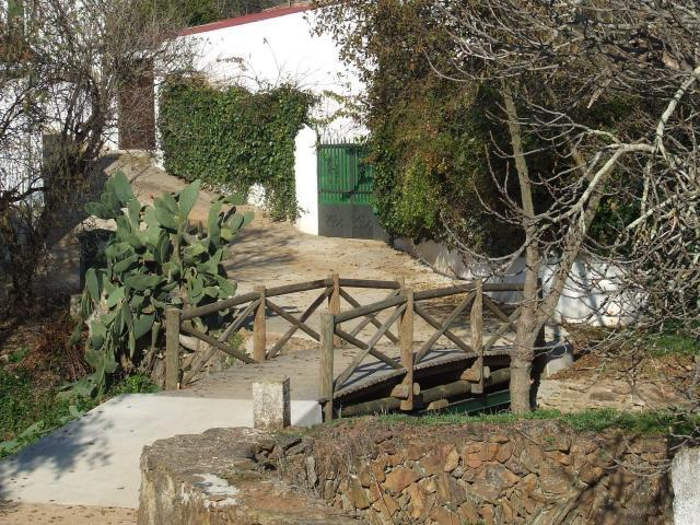
El Marco, a small rustic bridge connecting the Spanish village of El Marco to the Portuguese village of Varzea Grande, is the world’s smallest international bridge. Crossing the 19ft (6 meters) long and 4.7ft (1.45 meters) wide El Marco wooden bridge, you’d think you were just crossing a small stream in a rural area of […]
Portugal’s Impossible Motorcycle Climb Lives Up to Its Name
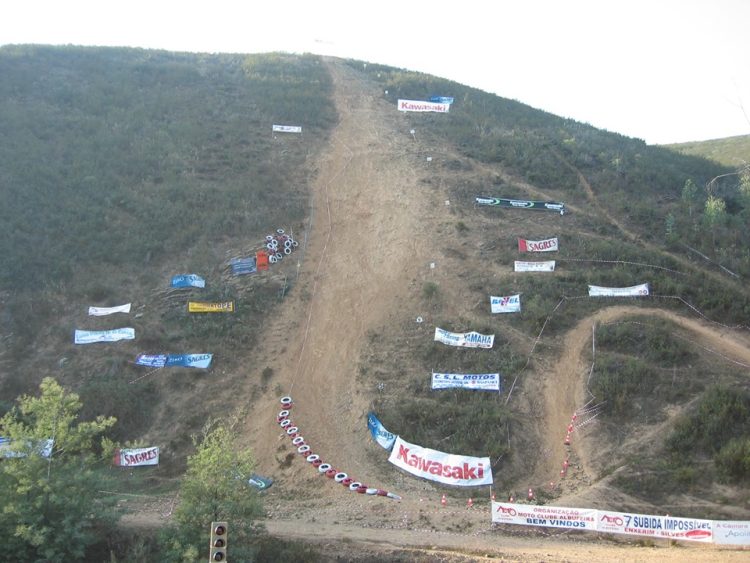
Subida Impossível (Impossible Climb) is a challenging motocross hill-climbing event in Portugal that more than lives up to its suggestive name. Every year, dozens of experienced motocross bike riders gather in the Portuguese city of Silves for a chance to become legends among their peers. Subida Impossível is one of the toughest motocross challenges in […]
This Portuguese Library Relies on Bats to Preserve Old Books and Manuscripts
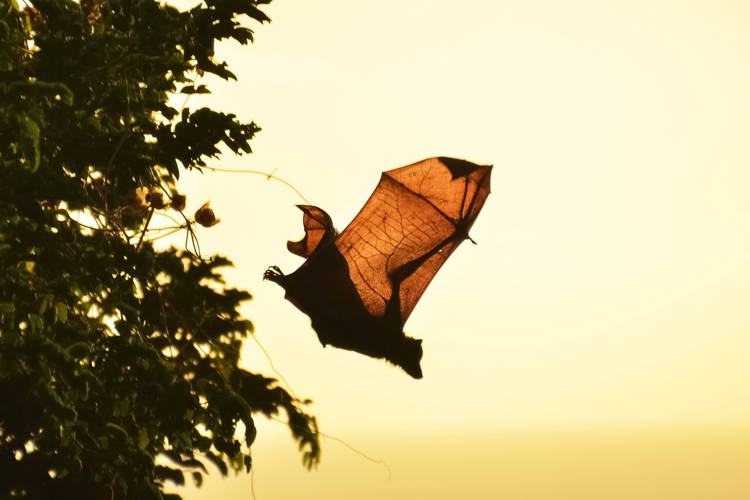
The Joanina Library of the University of Coimbra Alta and Sofia is one of two Portuguese libraries to house colonies of bats as natural deterrents for bugs that would otherwise feed on old books and manuscripts. As unusual as having a colony of Common pipistrelle bats living behind the bookshelves of one of the most […]
Man Ordered to Pay Ex-Wife $72,000 for Housework During Their 30-Year Marriage

Portugal’s Supreme Court of Justice has ordered a man to pay his ex-wife 60,000 euros ($72,000) in compensation for the cleaning and cooking she did during their three-decade-long marriage. There was a time when housework was considered a wife’s duty, but those times are long gone, as evidenced by the avalanche of court rulings in […]
Portugal’s ‘Chicken Girl’ – The Tragic Story of a Girl Who Grew Up in a Chicken Coop
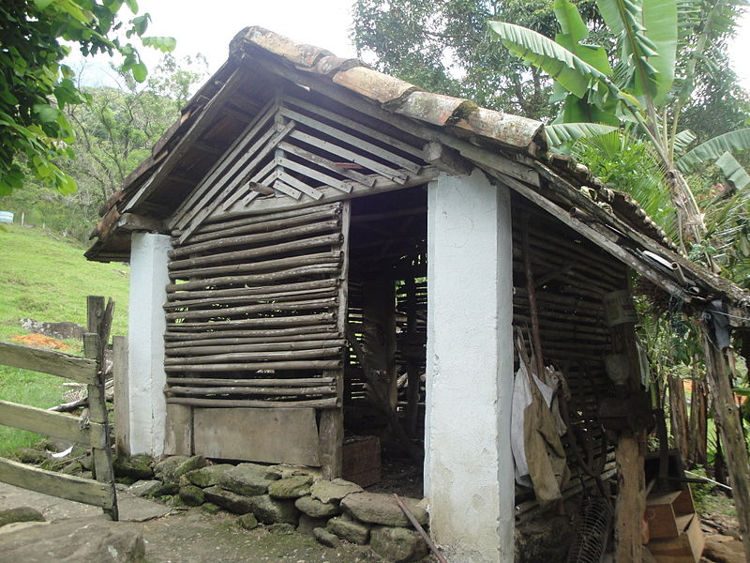
In 1980, Portugal was shocked by the story of Maria Isabel Quaresma Dos Santos, a 9-year-old girl who had spent her entire childhood in a chicken coop, deprived of any human interaction and affection. Because of the effects growing up with chickens had on her behavior, Isabel became known as “Chicken Girl”. According to an article […]
Portuguese Town Encourages Children as Young as Five to Smoke on Epiphany

On January 6 the Portuguese village of Vale de Salgueiro celebrated the traditional Epiphany festival, also known as the Feast of The Three Kings. While the holiday involves such benign traditions as eating cake and singing carols, there is one tradition that causes an outcry every year – parents allow and even encourage their children […]
The Literary Man – A Library-Style Hotel with a Collection of Over 50,000 Books
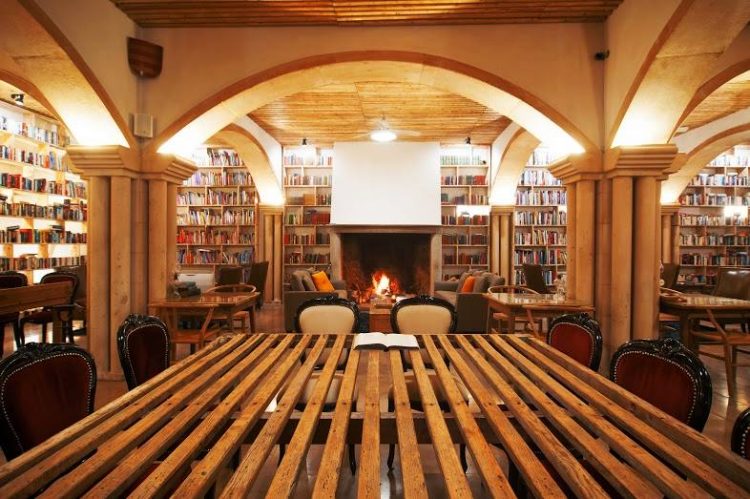
If you ever decide to visit the medieval village of Obidos, in Portugal, you needn’t bother bringing a book to pass the time. Just book a stay at The Literary Man hotel and you can choose from its collection of over 50,000 books. Established in 2015, The Literary Man has already become famous as the […]
Never too Old for Art – Portugal’s Granny Graffiti Gang
Lata 65 is a highly unusual urban art workshop in Lisbon, Portugal, that teaches elderly women the basics of street art. Although graffiti is generally perceived as a part of youth culture, the workshop has introduced the quirky art form to over 100 senior citizens around the city. It gives groups of elderly women the chance to […]
Portuguese Man Buys Tiny Island, Successfully Establishes His Own Kingdom

While this American searched the entire African continent for a piece of land to call his Kingdom, Renato Barros managed to establish his own country much closer to home. The 56-year-old Portuguese citizen purchased a small island on Funchal harbor, in Maderia, Portugal. He named it the Principality of the Pontinha, and anointed himself Prince […]
The Bone Chapel of Portugal – A Creepy Sacred Destination

A structure with interiors covered completely in human bones – sounds like the stuff that scary houses are made of, right? But believe it or not, it is actually a place of worship. Capela dos Ossos, or the Chapel of Bones, is located next to the Church of St. Francis in the medieval Portuguese town […]
Monsanto – A Portuguese Town Built between Giant Boulders

The charming town of Monsanto, an ancient settlement perched on the side of a mountain in the Portuguese countryside, boasts some of the most incredible sights on Earth. Featuring tiny streets carved from rock and granite houses squeezed between giant boulders, it looks like a real life Bedrock. In 1938, Monsanto was named ‘the most […]
The Doll-Hospital of Lisbon

If your favorite doll suffered serious damaged that you can’t fix yourself, jump on a plane to Lisbon and take it to the Doll Hospital. They’ll fix it right up. Located in Figueira Square, Lisbon, the Doll Hospital has been “treating” dolls since 1830 and it’s not going to go out of business anytime soon. […]
